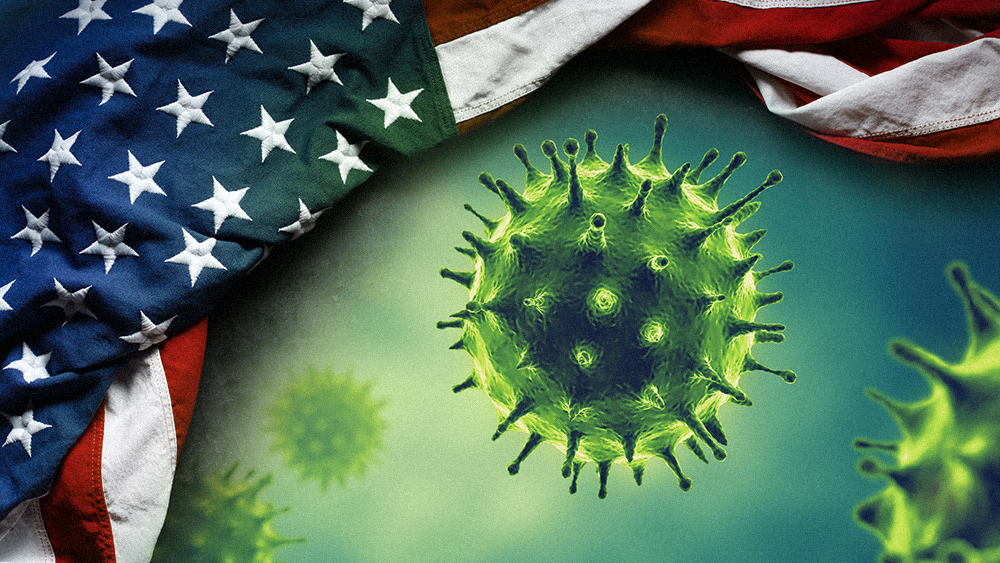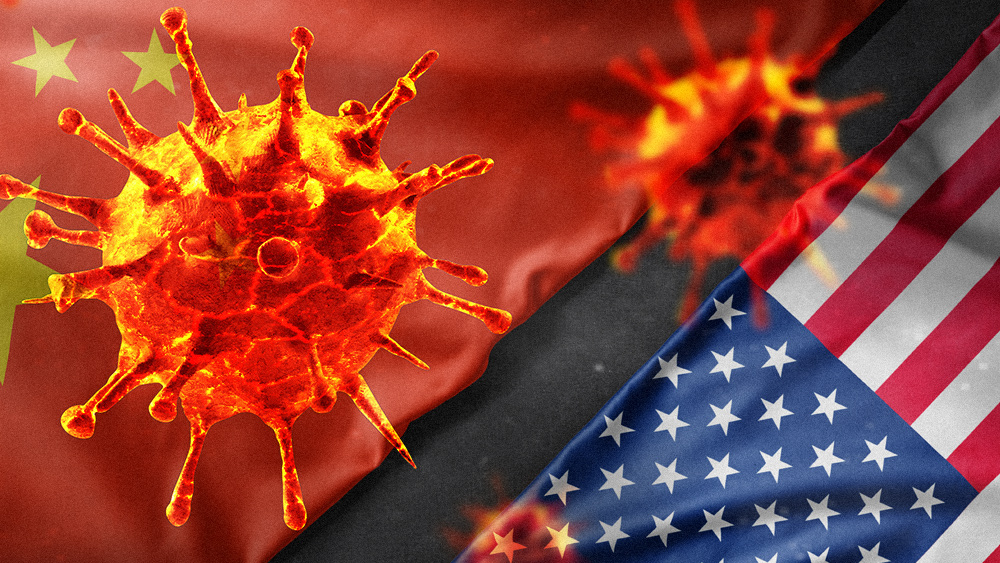Cut the junk: Eating junk food can give you food allergies
02/16/2020 / By Arsenio Toledo

The increased consumption of junk food all over the world might be one big reason why more and more people are getting food allergies. A study presented by researchers from the University of Naples Federico II (UniNa) at the annual meeting of the European Society for Paediatric Gastroenterology, Hepatology and Nutrition found that children with food allergies had higher levels of a compound that is associated with junk food in their skin.
The compounds are known as advanced glycation end products (AGEs). These are proteins or lipids that become glycated after they’re exposed to sugars. Junk foods are filled with AGEs and they are known to play a role in increasing the risk and the progression of conditions that come about due to oxidative stress, such as diabetes, atherosclerosis and neurological diseases. The role AGEs can play in the body is well researched. However, this study is the first to find compelling evidence that AGEs also have an effect on food allergy.
Dr. Roberto Berni Canani, lead investigator and associate professor of pediatrics at UniNa, contends that the existence of higher levels of AGEs in children with food allergies suggests a “missing link” in how medical practitioners investigate food allergies.
“As of yet, existing hypotheses and models of food allergy do not adequately explain the dramatic increase observed in the last years,” Canani said. “So dietary AGEs may be the missing link. Our study certainly supports this hypothesis, we now need further research to confirm it. If this link is confirmed, it will strengthen the case for national governments to enhance public health interventions to restrict junk food consumption in children.”
Food allergies on the rise
While accurate statistics about the global prevalence of food allergies are difficult to come by, many experts do agree that food allergy rates are on the rise, especially among young children. In some countries, the prevalence rate might be as high as 10 percent. Over the past 20 years, food allergy incidence has gone up almost 200 percent. If Canani’s research is correct, those rates will increase even further as the consumption of highly processed foods increases all over the world. Many European countries have even reported that highly processed foods make up as much as 50 percent of a person’s total daily energy intake. (Related: Say goodbye to allergy woes with these 6 natural supplements.)
According to Dr. Tania Elliott, associate attending physician of the New York University Langone Medical Center, the cause of this increase “is thought to be multifactorial, including both genetics and environment.” Several of the factors she mentions includes changing dietary patterns, genes, the development of a child’s immune system, how late or early in life people are introduced to highly allergic foods like peanuts and eggs and the environment in which children are raised. Some researchers are even speculating that early exposure to antibiotics may also influence the gut to develop food allergies.
The researchers believe there are still many other issues, both dietary and environmental, affecting public health that need to be addressed, with the consumption of junk food being one of them. Some even believe that properly labeling highly processed foods alone might not be enough, and better prevention and care strategies need to be addressed to combat the rise of food allergy incidence.
Sources include:
Tagged Under: allergies, fast food, food allergies, research, toxic food, toxic ingredients




















